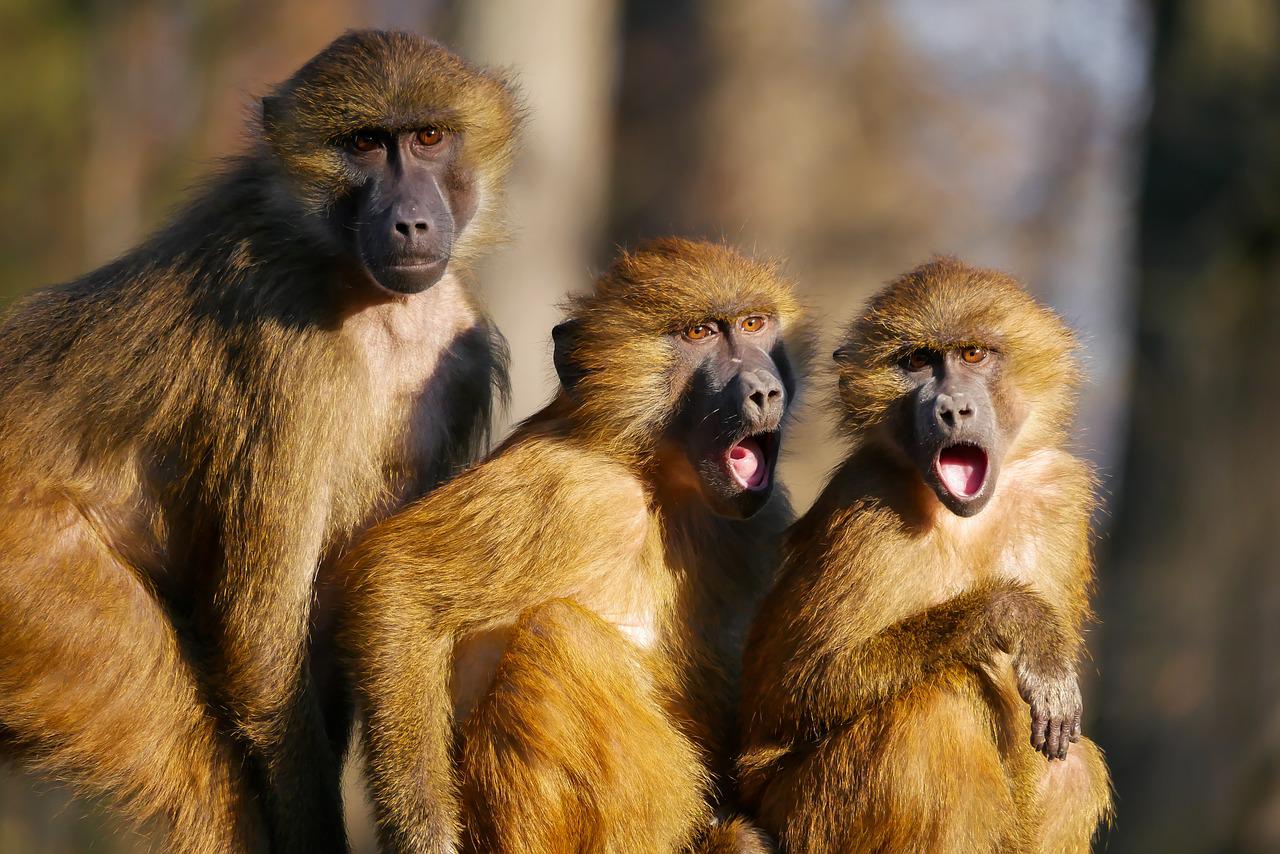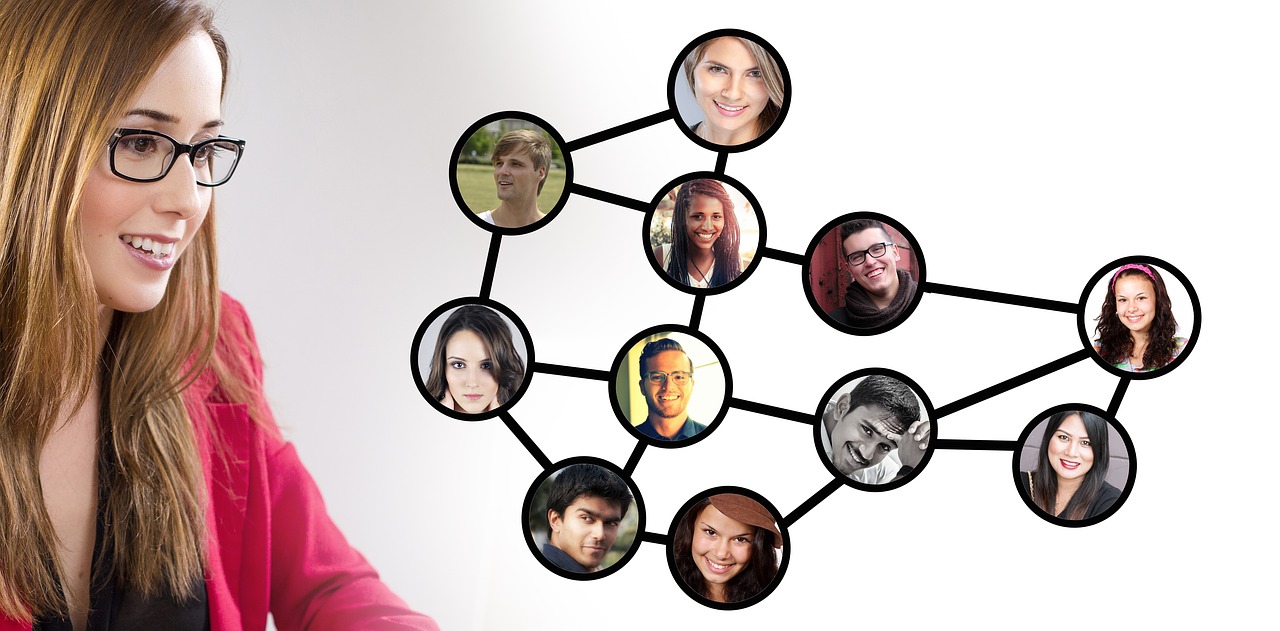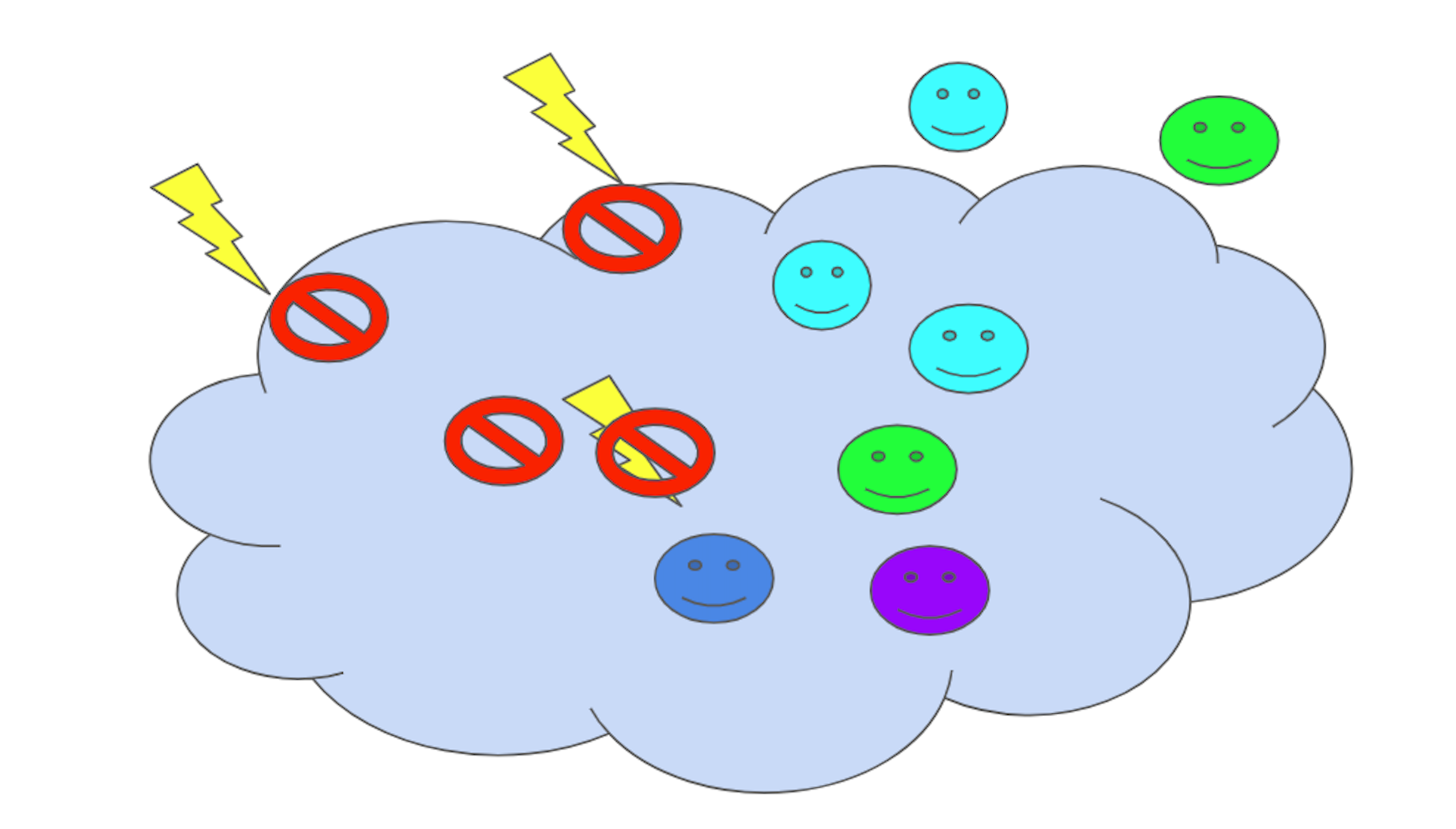Distress behaviour is a signal for help
Why would anyone like me more if they think I’m stressed? I certainly don’t have big puppy dog eyes. Recent research suggests that evolutionarily, signalling distress to others would be an adaptive trait. But before we look at that, let’s understand a few aspects of human behaviour and stress. Humans and other species, when stressed, show typical behaviours. Scratching, for example (aka self-grooming). It’s referred to as displacement behaviour because of the energy it is displacing. Rats have regular stress behaviours which allow us to learn about stress and behaviour. Wringing one’s hands is another example. The sources of this “displacement” behaviour are also interesting.






